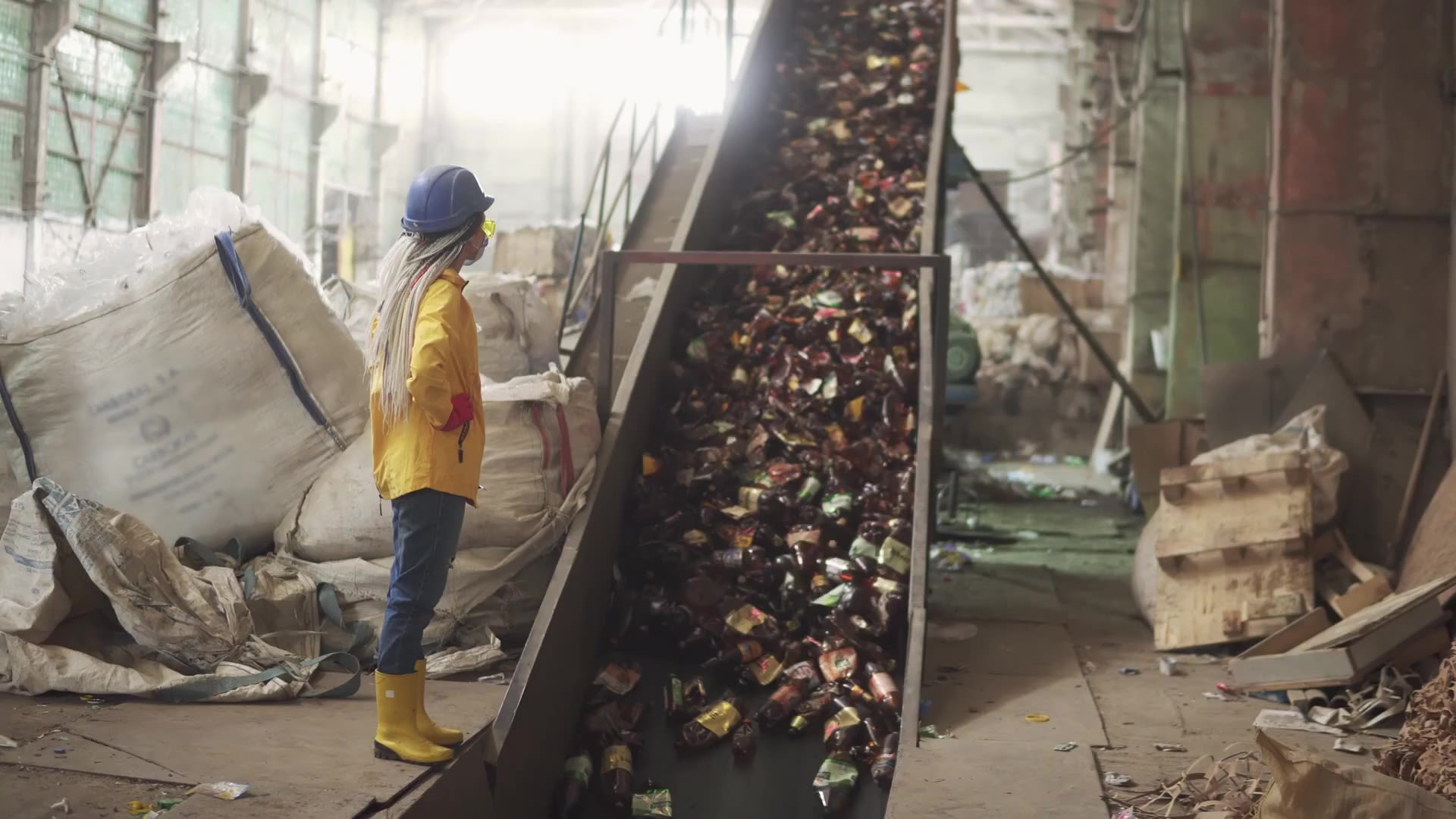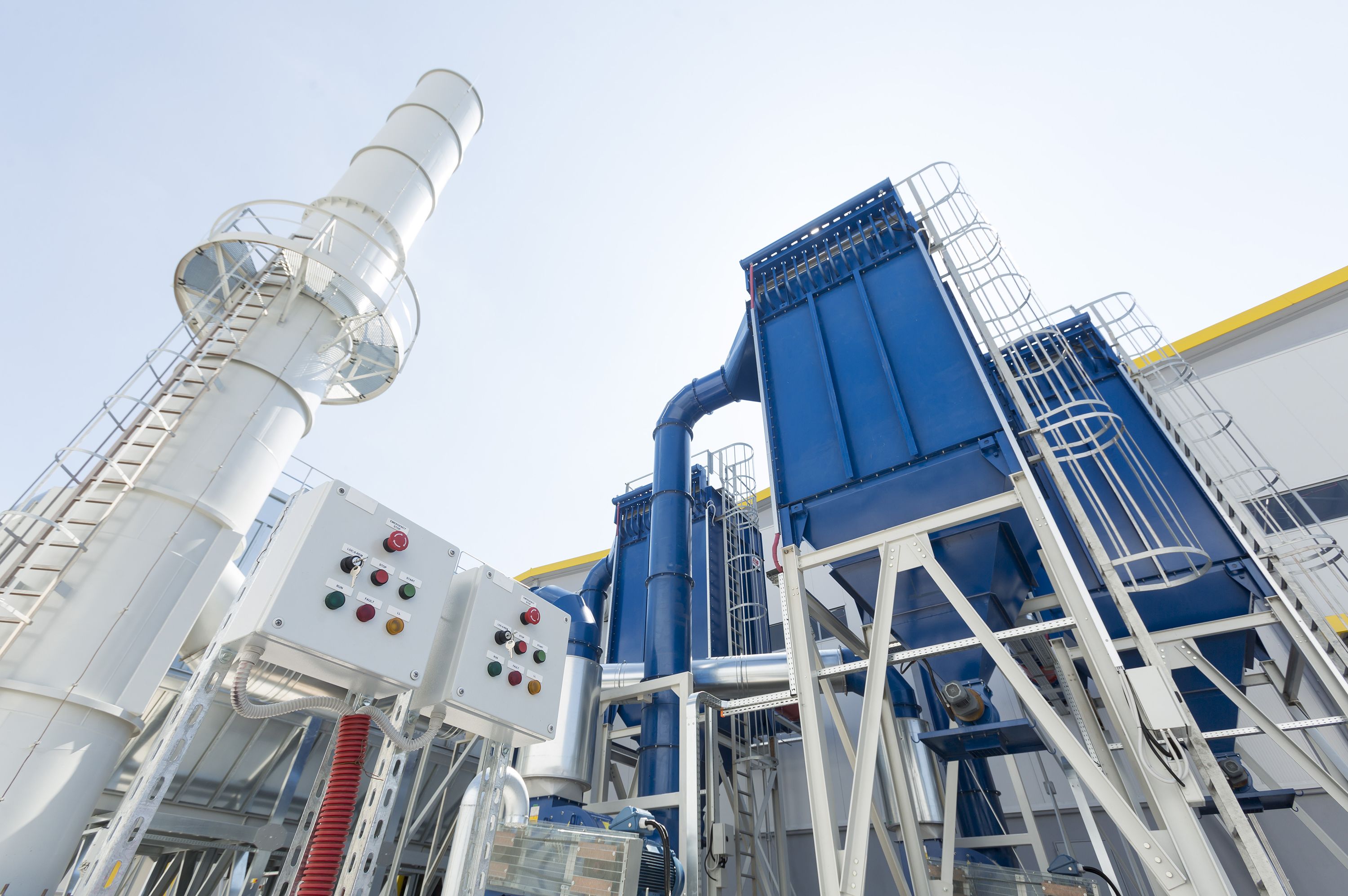Pyrolysis oil demand to outpace supply, but mixed polyolefin bales likely long

While mechanical recycling trading conditions remain tough and demand weak, interest and investment in chemical recycling continues at pace – a trend set to remain in place for the rest of the year.
Difficult macroeconomic conditions and ongoing substitution to virgin material have caused a collapse in most grades of European recycled polymer prices. There has been widespread talk of potential consolidation in the chain and investment scaled back.
New chemical recycling projects, meanwhile, continue to be announced regularly, and demand is still outstripping demand. Pyrolysis is currently the dominant form of chemical recycling in Europe and spot prices for the output of that process – pyrolysis oil – have increased during 2023, bucking the trend in traditional recycling markets.
Buying interest for pyrolysis oil remains the bright spot in the value chain. However, volumes remain limited and the market nascent. This has been compounded by recent delays to the onboarding of pyrolysis plants.
This has intensified demand for spot pyrolysis oil volumes as petrochemical firms look to substitute lost contractual volumes resulting from delayed plant start-ups.
Planning backlog

Some players believe that the current delays to plant start-ups (many of which were initially scheduled to come on stream at the end of 2022 but are not now expected to be on stream until end-2023 or 2024) will delay final investment decisions on subsequent plants as players look to establish stable production at their initial units. This will likely serve to keep demand above supply in the medium-term.
Delays have been attributed to multiple factors, including permitting delays, parts delays, challenges with raising financing amid volatile macroeconomic conditions and difficulties in securing access to sufficiently high-quality mixed plastic waste.
Typically, pyrolysis-based chemical recyclers target mixed polyolefin bale grades of mixed plastic waste, because of the need – in most processes – to limit polyethylene terephthalate (PET), chlorine, nylon and flame retardants.

Delays to pyrolysis project start-ups have driven up downstream pyrolysis oil spot values, but have also meant consumption of mixed polyolefin bales from the sector has been below expectations, because planned capacity (which was initially due to start up in the second half of 2022, but has in many cases been delayed until 2024) has not come on stream.
Several players in recent weeks have said that concerns with permitting for the import and export of bales intra-Europe may lead to a focus on sourcing mixed polyolefins locally. This could disproportionately concentrate demand for mixed polyolefins in countries such as the Netherlands, given the locations of currently announced pyrolysis-based chemical recycling plants.
While in the medium to long term, pyrolysis oil demand is expected to tighten supply of mixed polyolefins, currently the market is not mature enough to affect the overall mixed polyolefins supply-demand balance. Currently, mixed polyolefins typically serve non-packaging grades of mechanical recycling such as construction, where demand remains low as a result of:
With convertors typically shutting down for planned maintenance in July and August and the fourth quarter usually the low season for demand, many players are not expecting a recovery in mechanical recycling demand in 2023.
Converter shutdowns typically lengthen bale markets, because while converters reduce demand during summer months, waste continually enters the chain.
The current difficult trading conditions mean players expect that converter maintenance shutdowns could last longer and begin earlier than normal, with some players having already seen shutdowns commence.
Author:
Mark Victory is one of the Senior Editors, Recycling at ICIS and is dedicated to expanding our coverage across this vital and growing sector. Mark has been with ICIS since 2008 and has covered recycling markets throughout his time with the company. Mark is currently the editor of the Europe R-PE, R-PP and mixed plastic waste pricing services, all three of which he launched.
Mark also has extensive experience across petrochemical and fertilizer markets, having been the regular editor for more than 25 separate markets. Prior to joining ICIS, Mark covered structured products, international bonds, and commercial paper markets.
Related content
Speak with ICIS
If you are interested in learning about how our specialist insight can help you make better business decisions, contact the ICIS team today. Simply complete the form and we will get in touch with you as soon as possible.


